Quaker History
Quakerism, also known as the Religious Society of Friends, is a Christian movement founded in England in the mid-17th century. It emerged during a period of intense religious turmoil and social change, characterized by the English Civil War and the Puritan Commonwealth. The history of Quakerism is marked by its commitment to pacifism, simplicity, equality, and social justice, as well as its distinctive form of worship and decision-making processes.
Quakerism began in the 1640s, a time when many English people were dissatisfied with the established Church of England and were seeking new forms of religious expression. Among them was George Fox (1624–1691), the central figure in the founding of Quakerism. Fox traveled throughout England, preaching that true spiritual authority came from an inner light or “that of God in everyone,” rather than from external religious institutions or clergy. This idea was revolutionary and attracted a significant following.
Fox and his followers rejected formal sacraments, ordained clergy, and hierarchical church structures. They emphasized direct, personal experience of God through silent worship and communal discernment. In 1652, Fox had a pivotal spiritual experience on Pendle Hill in Lancashire, which he regarded as a divine commission to spread his message. That same year, he met Margaret Fell who became a key supporter and later his wife. Fell’s home, Swarthmoor Hall, became a center for the early Quaker movement.
The Quakers’ radical beliefs and practices, including their refusal to swear oaths, pay tithes, or participate in military service, brought them into conflict with both religious and civil authorities. They were subjected to severe persecution, including imprisonment, fines, and physical violence. Despite this, the movement grew rapidly. By the 1660s, there were thousands of Quakers in England, and the movement had begun to spread to Ireland, Scotland, and the American colonies.
Quakerism took root in the American colonies, where it played a significant role in shaping the social and political landscape. The first known Quakers arrived in North America in the 1650s, and by the 1670s, there were established meetings in several colonies. Massachusetts, dominated by Puritans, was particularly hostile to Quakers, resulting in severe persecution and the execution of four Quaker missionaries.
Quakers made significant contributions to social reform. They were early advocates for the abolition of slavery, with figures like John Woolman (1720–1772) leading the charge. Woolman’s journals documented his efforts to persuade fellow Quakers and others to abandon the practice of slavery. By the late 18th century, most Quaker meetings in America and Britain had condemned slavery, and Quakers were at the forefront of the abolitionist movement.
In the 19th century, Quakerism faced internal divisions, resulting in separate yearly meetings and distinct branches of Quakerism, each evolving differently.
The 20th century saw further diversification within Quakerism. Some meetings, particularly in the United States, adopted programmed worship with hymns and sermons, aligning more closely with mainstream Protestant practices. Others maintained the traditional unprogrammed, silent worship. Quakers continued to be active in social justice causes, including peace movements, civil rights, and humanitarian relief efforts. During both World Wars, Quakers were notable for their conscientious objection to military service and their involvement in relief and reconstruction work.
Today, Quakerism is a global movement with a diverse range of practices and beliefs. There are Quaker meetings on every continent, with significant communities in the United Kingdom, the United States, Africa, and Latin America. Modern Quakers continue to uphold core testimonies of peace, integrity, equality, simplicity, and community, though interpretations and expressions of these testimonies can vary widely.
Unprogrammed worship, where Friends gather in silence to wait upon the Spirit, remains central to many Quaker meetings. However, programmed meetings with pastors and more structured services also exist, particularly in Africa and parts of the United States. The Friends World Committee for Consultation (FWCC) facilitates communication and cooperation among the various branches of Quakers worldwide.
Quakers are active in numerous social justice initiatives, including efforts to address climate change, racial and economic inequality, and international peacebuilding. Organizations like the American Friends Service Committee (AFSC) and Friends Committee on National Legislation (FCNL) continue to advocate for nonviolent solutions to global conflicts and social injustices.

To donate to DeLand Quaker Meeting:
Make your check payable to DeLand Quaker Meeting Inc. and mail to P.O. Box 4074, DeLand, FL 32721.
